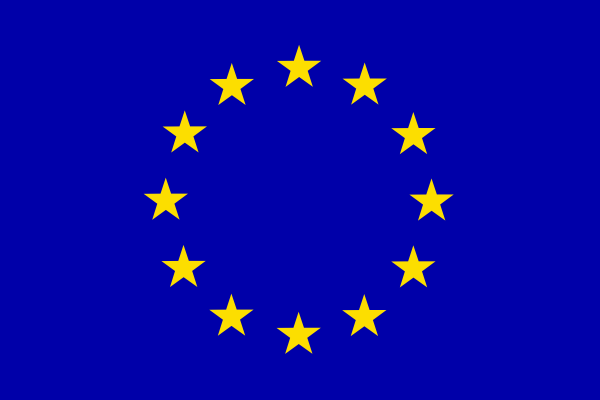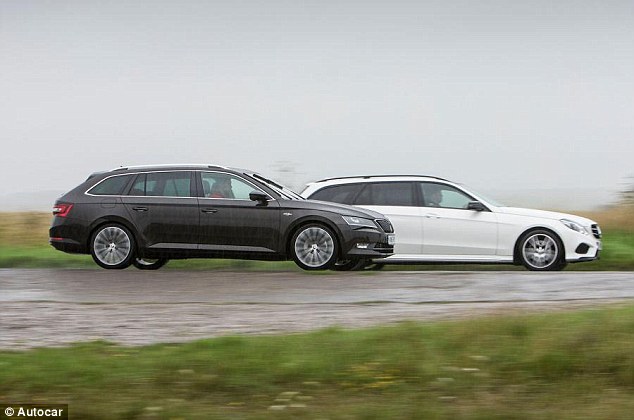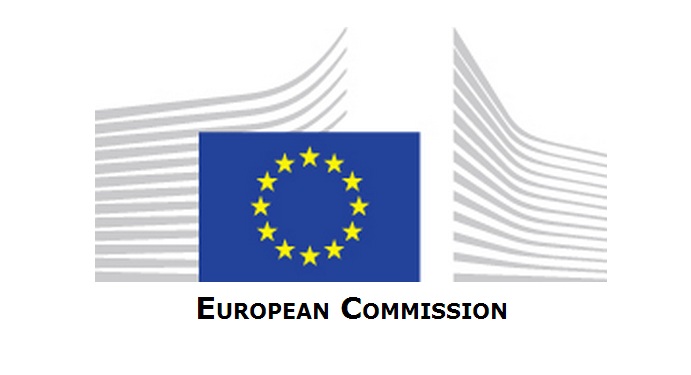Now Reading: EU to propose CO2 reduction target for cars and vans
-
01
EU to propose CO2 reduction target for cars and vans
EU to propose CO2 reduction target for cars and vans

The European Commission will propose on Wednesday harder carbon dioxide reduction targets for new automobiles and vans of 30 percent by 2030 and a crediting system to promote electric vehicles, EU sources stated.
The EU executives’ proposal intends to suppress greenhouse gases from transport as part of the bloc’s push to decrease emissions by at least 40 percent below 1990 levels by 2030.
It has already seen opposition from countries with big automobile sectors, such as Germany, and will deal with a difficult battle before being approved by the EU’s 28 member states and European Parliament to become law.
Amid intense lobbying, the target was up for discussion until being authorized in a meeting of EU commissioners on Wednesday morning ahead of its scheduled announcement.
Under the draft proposal, if automakers are found in violation of rules, they face charges of 95 euros for every gram of CO2 above the limit and for each new vehicle registered in a given year.
In a policy innovation, the proposal would permit automakers to offset their total target if the share of zero and low-emission vehicles in their fleet exceeds a criteria set by regulators.
European automakers have lobbied for the emissions reduction target to be set at 20 percent and have asked for compliance to be conditional on customer uptake of electric cars.
In agreement with producers’ concerns, the Commission is set to allocate 800 million euros ($928 million) to support the roll out of charging points for electric automobiles and 200 million euros for battery advancement.
Stay Informed With the Latest & Most Important News
Previous Post
Next Post
-
 01Polestar Boss Says It’s Time To Outrun BMW M And Mercedes-AMG
01Polestar Boss Says It’s Time To Outrun BMW M And Mercedes-AMG -
 02Spy Shots: 2027 Mitsubishi Pajero Spotted in Testing Ahead of Possible U.S. Return
02Spy Shots: 2027 Mitsubishi Pajero Spotted in Testing Ahead of Possible U.S. Return -
 032026 Toyota Hilux EV: A Powerful Truck with Silent Torque
032026 Toyota Hilux EV: A Powerful Truck with Silent Torque -
![2027 Mercedes-Benz S-Class Debuts with V8 Engine [Photo Gallery]](https://speedlux.com/wp-content/uploads/2026/01/2027-Mercedes-Benz-S-Class-33-155x125.jpg) 042027 Mercedes-Benz S-Class Debuts with V8 Engine [Photo Gallery]
042027 Mercedes-Benz S-Class Debuts with V8 Engine [Photo Gallery] -
 052026 Corvette ZR1 Production Surges Past Expectations as Output Clears 1,000 Units
052026 Corvette ZR1 Production Surges Past Expectations as Output Clears 1,000 Units -
 06Spy Photos: VW ID. Polo GTI Goes Electric with 223 HP and 280 Miles of Range
06Spy Photos: VW ID. Polo GTI Goes Electric with 223 HP and 280 Miles of Range -
 07Hyundai Palisade’s Breakout Year Shows How Quickly the Market Can Turn
07Hyundai Palisade’s Breakout Year Shows How Quickly the Market Can Turn



![2027 Mercedes-Benz S-Class Debuts with V8 Engine [Photo Gallery]](https://speedlux.com/wp-content/uploads/2026/01/2027-Mercedes-Benz-S-Class-33-700x394.jpg)











































